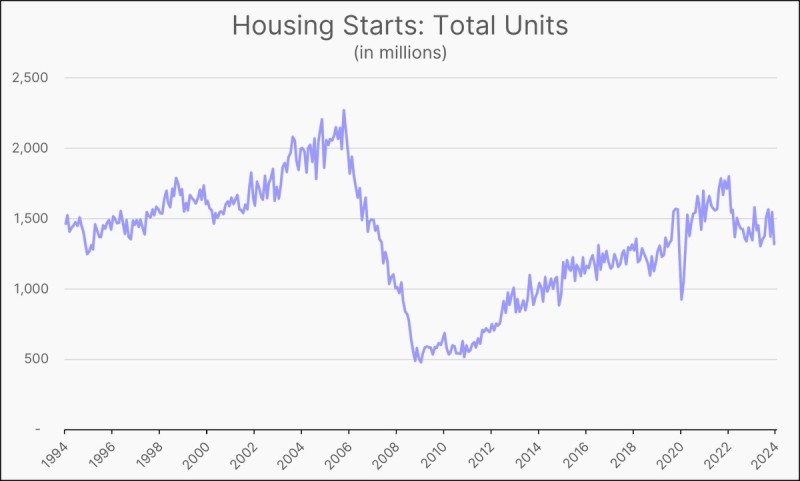Where the Affordable Housing Is (And Is Not)

The continuing struggle for buyers seeking affordable homeownership opportunities is the focus of two new reports.
The continuing struggle for buyers seeking affordable homeownership opportunities is the focus of two new reports: One that explains why some markets and not others offer affordable options, and one that urges buyers to consider homeownership in purportedly “bad” neighborhoods.
Over at Trulia, chief economist Ralph McLaughlin is providing an explanation on why certain cities are conspicuously absent when it comes to affordable homeownership options. His answer: Blame the municipal officials!
“We found that the rate at which the nation’s housing stock has grown relative to demand is low and that while elasticity has fluctuated during the last 30 years, builders are providing less housing now as prices rise than they have in the past,” McLaughlin wrote. “Of late, land use regulation, and in particular, zoning, has been blamed for keeping supply low in many markets. That story, however, is a simplistic one that overlooks the nuances involved with how local governments actually employ zoning across the country. Our research finds that local bureaucracy, measured by building approval delays, affect housing supply elasticity rather than restrictive zoning.”
However, McLaughlin admitted that Mother Nature deserves to share some blame with City Hall in certain parts of the country.
“Both natural restrictions as well as government regulation can affect how elastic a given market is,” he continued. “For example, it is naturally much more difficult to build new homes in places with steep topography surrounded by water—such as San Francisco—than it is in areas with a flat buildable landscape, like Phoenix. It is also easier to get approval for new development in areas with less regulation, such as New Orleans and Mobile, Ala., than it is in areas with more regulation, like Honolulu and Los Angeles.”
McLaughlin identified Las Vegas as having “the most elastic housing market in the U.S. over the past 20 years,” with prices increasing by 71.4 percent while the housing stock increased 87.8 percent. He also pegged New Orleans as the least elastic housing market, with house prices rising by 77.8 percent over the past 20 years while the housing stock only experienced a 1.7 percent uptick, and he also bemoaned the affordability problems in California.
“In some of these markets—such as Los Angeles, San Francisco, and San Jose—home prices have tripled over the past twenty years, and affordability has fallen dramatically,” he said. “For example, in San Jose … middle class households have to spend about 13 percent more of their income to the median priced home compared to just four years ago, so supply is not keeping up enough to moderate affordability.”
Over at RealtyTrac, there is an unusual solution for potential homeowners trying to find affordable property: Move into a “bad” neighborhood. While the company is somewhat vague in identifying the primary factors that define a “bad” neighborhood—there is a brief mention of failing schools and a surplus of underwater houses, but nothing on crime or unemployment—it nonetheless insists that they have potential for becoming desirable communities. RealtyTrac named its “Top 5 Rough Hoods on the Rebound” as East St. Louis, Mo.; Baltimore; Charlotte, N.C.; Jacksonville, Fla.; and Plainfield, N.J.
“It is clearly evident from this data that many individuals and institutions are betting on these hyperlocal housing markets to still bounce back,” said Daren Blomquist, senior vice president at RealtyTrac. “Home flipping returns are substantially above the national average, indicating strong buyer demand for fixed-up homes; construction loans are increasing, indicating increased development often at a large scale; and the share of millennial population is increasing, indicating that the pool of new renters and homebuyers is growing.”





